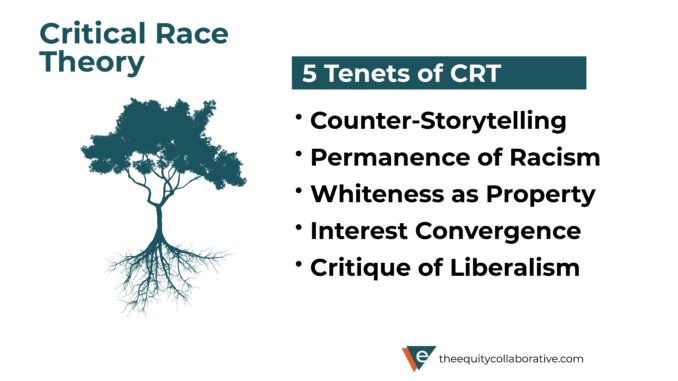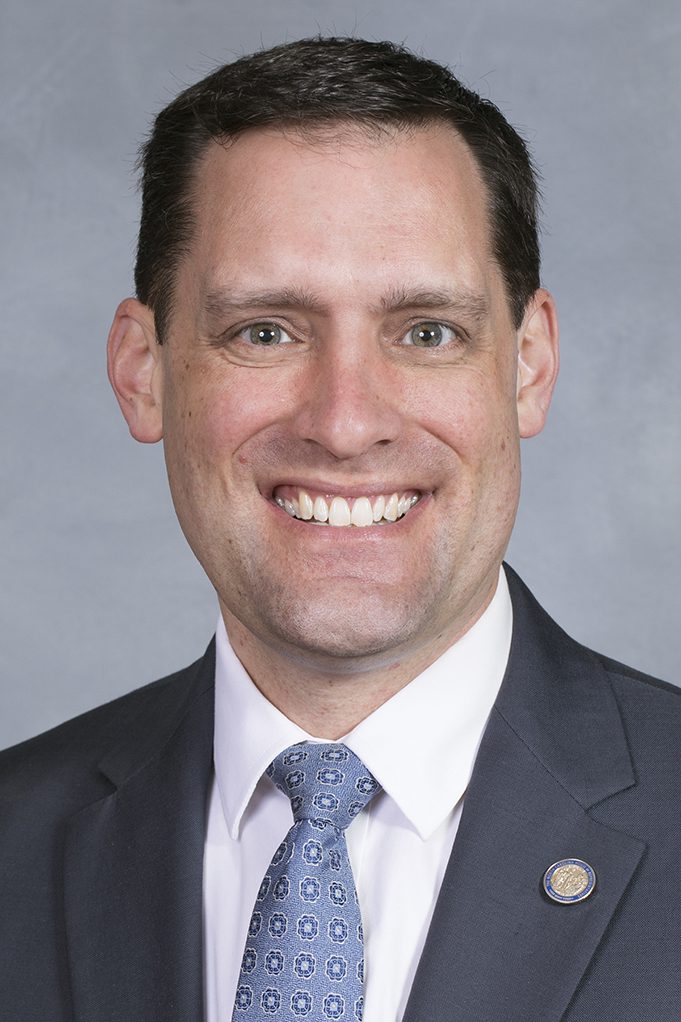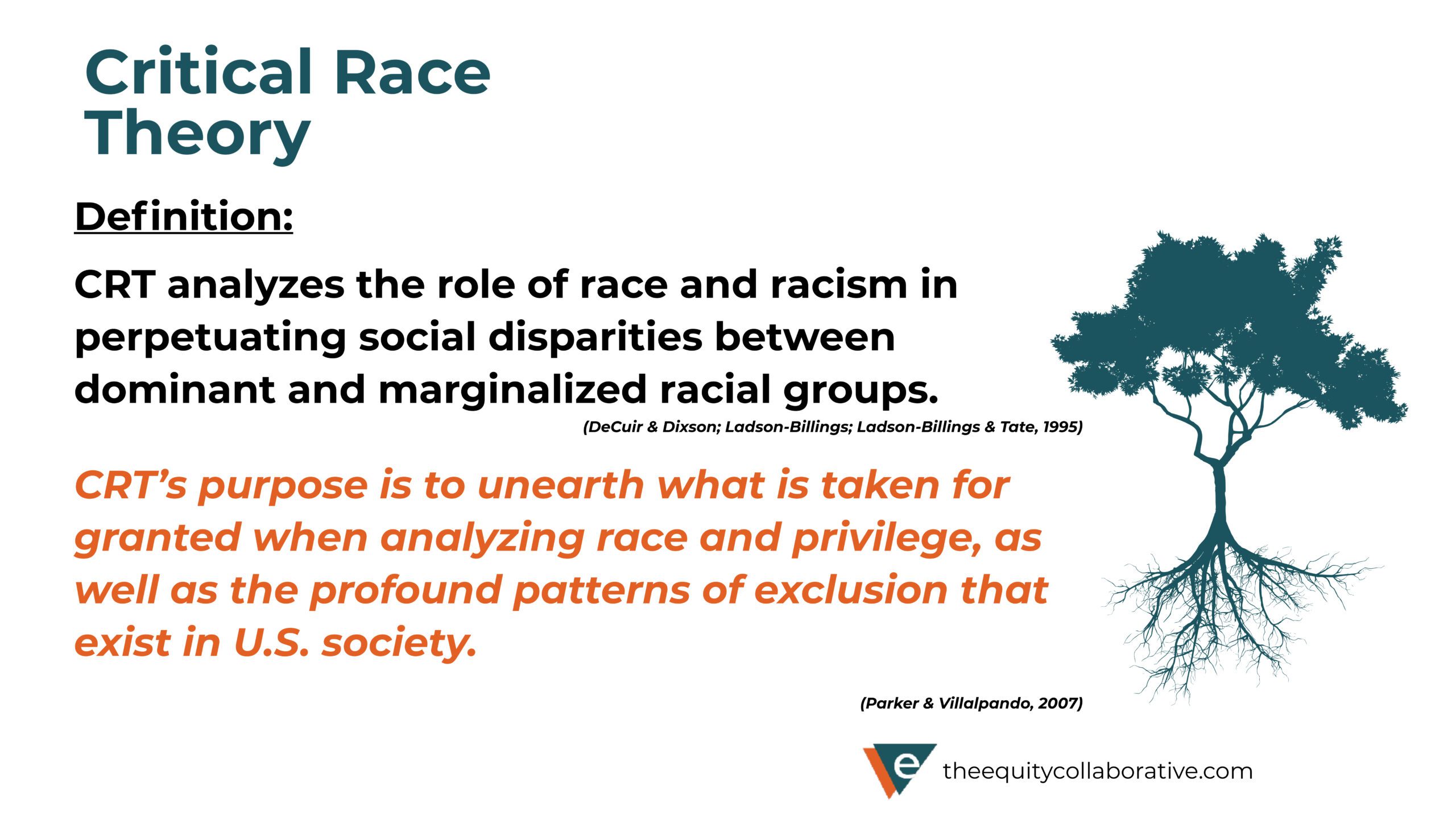
RALEIGH — An “equity coaching” organization co-founded by a North Carolina state representative was scheduled to offer professional development training on the controversial Critical Race Theory to Wake County Public School teachers and staff.

The course, which was titled “Intro to Critical Race Theory,” was to be conducted by a member of the Equity Collaborative, an organization co-founded and run by state Rep. Graig Meyer (D-Orange).
The Equity Collaborative website says it is a “national consulting firm,” and their goal is to “help organizations develop their own capacity to create educational equity and social justice by addressing bias and oppression.”
Records on file with the N.C. Secretary of State show that Equity Collaborative was formed as a limited liability corporation in 2014 by Jamie Almanzán and Meyer. According to the organization’s website, Almanzán is a “facilitator, teacher, curriculum developer and leadership coach” who is the owner of “The Equity Collaborative in Oakland, California.”
The “Intro to Critical Race Theory” training course was posted to WakeLearns, the internal portal that houses teacher and staff development and training.
“Deep inside the Equity Collaborative brain, we see schools through the lens of Critical Race Theory. Join us to explore how CRT helps explain everything about why public schools continue to perpetuate inequities, possibly permanently,” the course description read.
The course was pulled by the district after North State Journal filed a records request for the course materials.
Wake County Public Schools (WCPSS) communications director Tim Simmons said in an email to North State Journal that the instructor for the course was Equity Collaborative’s Almanzán and that the class materials are “retained by the Equity Collaborative, and not WCPSS.”
Simmons also said that the class was dropped from the WCPSS catalog “as soon as the listing was discovered.”
“The course did not go through the normal approval process and we are currently reviewing how ‘intro to Critical Race Theory’ was inserted into the district catalog,” Simmons wrote. “Critical Race Theory is not the basis for any curricula developed in WCPSS because it does not cleanly align with the district’s efforts to ensure equity for all staff and students.”
Meyer told North State Journal in an email that the Equity Collaborative “did offer this workshop one time last summer.” Statements of Economic Interest filed by Meyer over the years as a legislator include his work and ownership of Equity Collaborative.
“We do not release our contract or payment terms, so I cannot share any information about that. And we also do not share materials as they are proprietary,” Meyer said when asked about course materials and payments from WCPSS. “I’m sorry that I can’t be more helpful at this time.”
While Meyer did not share any materials, the Equity Collaborative website does have a page containing presentation slides, one of which is a

31-slide presentation dated May 7, 2020, titled “Intro to Critical Race Theory.” The presentation materials include the “Five Tenets of Critical Race Theory,” which include Counter-Storytelling, Permanence of Racism, Whiteness as Property, Interest Convergence and Critique of Liberalism.
The Intro to Critical Race Theory presentation defines Critical Race Theory using a 1995 paper on the role of the theory in higher education, stating that “CRT analyzes the role of race and racism in perpetuating social disparities between dominant and marginalized racial groups.” Using a 2007 paper outlining the use of Critical Race Theory in academic administration, the Equity Collaborative’s slides say the purpose of Critical Race Theory is to “unearth what is taken for granted when analyzing race and privilege, as well as the profound patterns of exclusion that exist in U.S. society.”
Other services detailed on the Equity Collaborative website include an “advanced practice series” titled “Equity Leadership through a Critical Race Theory Lens,” which focuses on “applying Critical Race Theory as a form of practice for interrupting systemic racism and creating more equitable learning environments.”
The advanced series description says these “conversations are for equity practitioners who are ready to move from changes in their own practice to changes that interrupt the existing system of schooling.” There are five sessions in the series, the first of which is the course removed by WCPSS.
WCPSS supplied North State Journal with the request for proposal and Equity Collaborative’s response, as well as $97,000 in invoices and $207,500 worth of service contracts that had purchase orders attached.
The service contracts include various professional-development coaching sessions at a rate of $1,500 per person, job-embedded coaching sessions at $2,500 a day and a two-day “Racial Equity Institute” priced at $9,000 a day. One agreement, dated Feb. 3, 2020, was for a speaker to give a “National School Counseling Presentation.”

The largest service contract totaled $90,000 for professional development and coaching sessions allegedly held between Nov. 1, 2018, and June 25, 2019.
As with the Intro to Critical Race Theory slides on the Equity Collaborative website, past coaching and professional development presentations are also available to view.
One presentation, “District Equity Coaching: Creating An Equitable School District Through Coaching,” contains a scenario where “conscious or unconscious bias and racism” is blamed for minority student behavior issues and their failure to grasp concepts in a white female veteran teacher’s classroom.
Another past offering, “Intro to Equity,” focuses on concepts of “privilege, bias and oppression” and how they create inequities in schools. It includes a list of who is oppressed and a list of the privileged – male, white, heterosexual, gender-conforming Christians in the United States who are ages 25 to 45, have a college education and were raised in two-parent families. That presentation was given at Apex Middle School by Meyer in 2018.
What is Critical Race Theory?
It is an offshoot of Marxist Critical Theory, which divides all aspects of society into two groups, oppressed and oppressors. The modern version of Critical Race Theory, in short, is identity-based Marxism.
Modern Critical Race Theory, which began to evolve during the mid-1970’s continuing up through the 90s, substitutes race for class. It was around that time that Critical Race Theory shifted from being viewed through a legal lens to a much broader one that assumes racism is the norm and is embedded in every person and societal structure — both past and present.
Critical Race Theorists often use terms like “social justice,” “privilege,” “equity,” “diversity” and “inclusion.” The definitions of these terms can be fluid and expansive. For example, equity has been used by Critical Race Theorists to propose things such as slavery reparations, and the redistribution of wealth or property.
Notable “antiracist” Ibram X. Kendi takes Critical Race Theory’s idea of equity even farther. He has suggested that a national Department of Antiracism be established to monitor and penalize persons or organizations the department might deem as being racist.
Critical Race Theory is a national issue
What has been happening locally with Critical Race Theory in the classroom is about to get a national boost.
On April 19 of this year, a new American History and Civics rule was submitted by President Joe Biden’s Department of Education. The new Biden rule includes support for “Culturally Responsive Teaching,” a form of teaching that claims to bridge race and culture gaps between teacher and student. It, however, assumes the race of the teacher is the main obstacle or reason for poor student achievement.
Culturally Responsive Teaching is a derivative of Critical Race Theory that often includes deconstruction of racial identities such as teachers being asked to examine their privilege, power and implicit bias.
In a letter dated March 21, 2021, assistant superintendent of the WCPSS Office of Equity Affairs (OEA) Rodney Trice wrote an email to the WCPSS board members about “the emails and calls some of us have received about Critical Race Theory.”
Trice’s email follows an article in City-Journal written by Christopher Rufo detailing the “EdCamp Equity” event that included Critical Race Theory and social justice themes. Rufo wrote that one session of the camp’s events implied parents “should be considered an impediment to social justice,” after noting a teacher had stated, “You can’t let parents deter you from the work.”
Despite the Equity Collaborative’s numerous trainings over the years and the previous existence of the Intro to Critical Race Theory course, Trice told the school board that “Critical Race Theory has not been and is not incorporated in the PL plans/offerings within the district.”
In recent years, WCPSS has included “Culturally Responsive Teaching,” and similar variants have been included in district’s professional-development offerings. The Equity Collaborative’s leadership training centers on this kind of teaching, stating that educators should “move towards teaching practices that prioritizes student thinking.”
In 2019, the OEA paid $3,900 to attend a seminar in Colorado called “Culturally Responsive Teaching and the Brain.” The seminar was led by Zaretta Hammond, a self-described “trained facilitator in anti-bias processes” who authored a book with the same name as the seminar. The OEA subsequently recruited WCPSS teachers to participate in Hammond’s study, called “Culturally Responsive Teaching and the Brain Cohort.”



